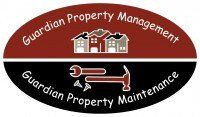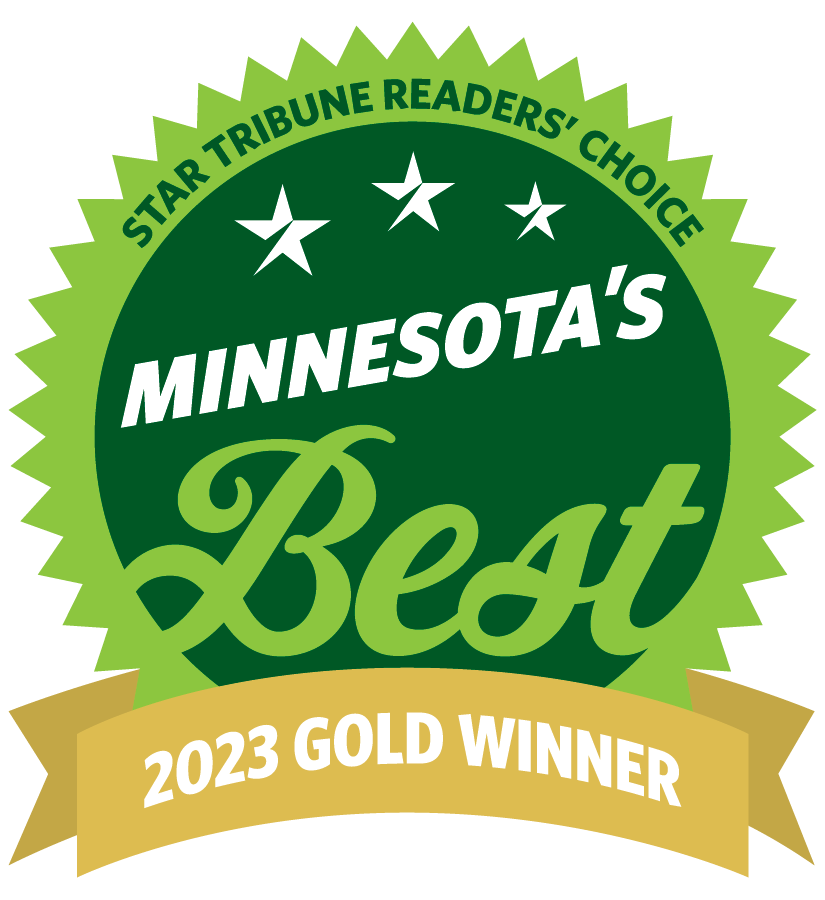Essential House Rules Every Renter Should Follow

As a landlord, establishing a set of basic rental house rules is crucial for protecting your property while maintaining a harmonious environment and a mutually beneficial relationship. Your lease agreement should not only outline these rules but also specify the consequences for non-compliance, such as penalties or eviction. Keep in mind that rules for renters and landlords can vary by state and locality, so consulting an experienced lawyer may be necessary.
Now, let’s explore why rules are important, your obligations as a landlord, and the rules that tenants must follow.
Why You Need Rental House Rules
Listing tenant rules formally helps convey your expectations clearly. This approach reduces the likelihood of renters breaking the rules or taking advantage of you. It also allows you to prevent abuse of your property and take legal action if a tenant repeatedly disregards the rules.
Your Responsibility as a Landlord
While you should check with a law firm about the specific state and local rules for landlords and tenants, here are some basic things to remember:
- Avoid irrelevant rules or those that inconvenience renters unnecessarily
- Ensure the property is habitable and follows local building regulations
- Make sure essential facilities like heat, plumbing, and electricity are in good shape
- Ensure your property is clean when a renter moves in
- Handle repair works promptly
- Manage security deposit as per state and local laws
- Follow the Fair Housing Act
- Avoid improper eviction and sudden raises in rent
- Avoid entering or inspecting a tenant-occupied property without notice
- Install security measures like locks, smoke detectors, fire extinguishers, etc.
Important Rental House Rules for Tenants
These are some key rules that should be included in the lease agreement:
- Rent Payment: Specify when and how the rent needs to be paid. Also, mention what happens if the payment is delayed, including the fine amount the tenant must bear and the grace period.
- Maintenance: Clearly state the maintenance duties your tenant is responsible for and the ones that you will handle. Specify how or where renters should submit maintenance requests if your intervention is needed. They should also know what to do in case of an emergency and how to evacuate the property if necessary. Additionally, include rental rules on using appliances, disposing of trash, maintaining yards, and ensuring general cleanliness.
- Parking: Tenant rules must cover parking information. Specify where the tenant can park their vehicles, how many parking spots are available, and whether they need to pay extra for them.
- Deductions from Security Deposit: Explain instances when deductions might occur and include the amounts. This way, tenants will know what to do to ensure the deposit remains intact. This will also help you avoid legal disputes if you need to make a deduction after the rental period ends.
- Renter’s Insurance: Though not legally mandatory, asking for renter’s insurance can be one of the most useful house rules for tenants renting a room or the entire property. This insurance can protect the tenant as well as their belongings against unforeseen injuries or damages while minimizing or eliminating your liability.
- Number of Occupants: Clearly state the number of residents you will allow inside the property, to avoid risking excess wear and tear or even property damage. Have a definite guest policy, which includes rules on the number of guests, stay duration, etc.
- Running a Business: You can prohibit the tenant from running a business on the property (excluding work from home), as the increased activity could lead to property damage.
- Personal Touches: Tenant rules and regulations must include whether the renter can make any changes to the property, such as hanging pictures or painting the walls. If changes are allowed, specify how you want the property to be left once the tenant moves out. This may include repainting the walls to their original color or filling in holes from hung pictures. The rules on personal touches should also include whether tenants can set up a satellite dish.
- Subletting: After checking your state’s laws, decide whether you are okay with the tenant subletting your property. If you agree, you will have less control over how the property is used but can be assured of timely rent payments. Most landlords, however, do not allow subletting.
- Pets: Having a clear pet policy is important when crafting rules for renting a house. If you allow pets, specify the types of animals, number, breeds, required vaccinations, cleanliness rules, and any additional charges. Even if you don’t allow pets, you may need to make an exception for support or service animals.
- Noise: Your agreement should state quiet hours (usually evening to early morning), so you can control noise levels and prevent neighbors from complaining to the authorities.
- Unlawful Activities/Substances: Rental house rules should also include your stance on the use of illegal substances or criminal activities. Clearly state that any unlawful behavior is prohibited and that you will contact law enforcement or evict the tenant if caught. You can also include rules on smoking or consuming alcohol.
- Lease Violation: Violations of different rules usually have different consequences, so you need to be as detailed and specific as possible. Specify which violations will incur verbal warnings, written notices, and fines and which ones (or a combination) will lead to eviction. Also, include the number of warnings a tenant will receive before any legal action is taken. Ensure that all rules comply with state and local laws.
- Lease Renewal: The list of tenant rules and regulations must also include the terms of lease renewal. Typically, you need to notify the renter and share the revised terms well before the lease expires. The tenant should also inform you of their decision to leave or continue 30 to 60 days before the expiry date.
Simplify Things with a Rental Property Management Company
By now, you have a clear idea about which rental house rules to outline in a lease agreement before taking on a tenant. Seek legal advice before drafting the final agreement and make sure the rules are fair to both you and the renter. Remember that the idea is to maintain a peaceful relationship throughout the rental period without incurring unnecessary trouble or costs.
Contact Guardian Property Management for Expert Leasing Services!
Looking for professional property management in the Greater Twin Cities area?
offers top-notch services to make leasing hassle-free. Our experienced team handles all aspects of
, from tenant screening to maintenance, ensuring your investment is well taken care of. Save time and effort by partnering with us for reliable and efficient property management.
Contact Guardian Property Management
today for the very best in property services!
To set up a consultation, call us at 651-287-2011 or email
.















